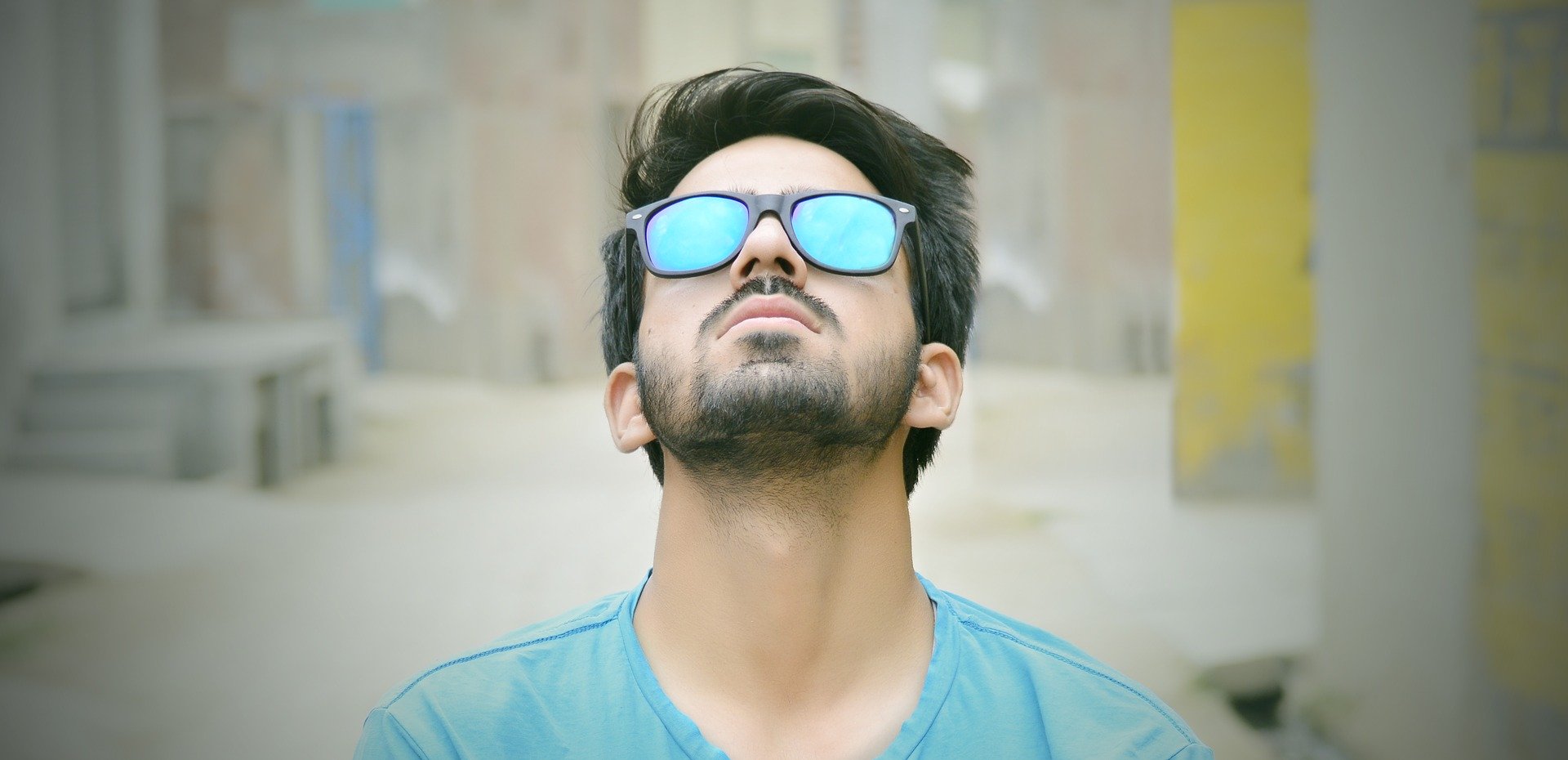
Sunglasses have become one of the accessories that must be worn when you are outdoors. Not only used to improve the appearance, sunglasses can also help maintain the health of your eyes. Yes, black glass is known to be able to protect your eyes from UV radiation.
Based on the results of a study conducted by Ophthalmology and Visual Sciences in 2014, UV radiation was found to damage proteins contained in the lens of the eye. Over time, this damage can increase a person's risk of cataracts. Eye structure has high sensitivity to UV radiation. High exposure to UV light has been shown to increase the risk of macular degeneration which can lead to blindness. Sun exposure is also related to eye cancer and photokeratitis.
Reporting from Time.com, using sunglasses can be one of the easiest ways you can do to prevent those diseases. According to Harvard Medical School ophthalmologists, using sunglasses can protect your eyes from various problems. No matter how dark the glasses you choose, make sure they block 99-100% of UVA and UVB rays. The size of the lens is also one factor that needs to be taken into account. The wider the lens you wear, the higher the UV light radiation blocked.
Sunglasses are recommended to be used at 10 am - 4 pm. At that time range, UV light radiation reaches its highest level. Whereas in the morning (under 10 o'clock), it is recommended not to wear glasses. In addition to low levels of radiation, exposure to morning sunlight can help maintain the body's circadian rhythm to continue to run normally.
Text by Anggie Triana
Stock photos from Pixabay
Source(s):
- Linetsky, M., Raghavan, C.T., Johar, K. et all (2014). UVA light-excited kynurenines oxidize ascorbate and modify lens proteins through the formation of advanced glycation end products: implications for human lens aging and cataract formation. Journal of Biological Chemistry, DOI: 10.1074 / jbc.M114.554410.
- Time - How Wearing Sunglasses Actually Impacts Your Eyes, According to Science (2019). https://time.com/5660350/sunglasses-eye-protection/, 4 September 2019.